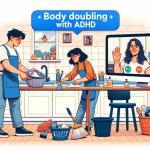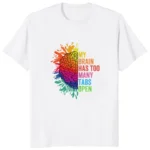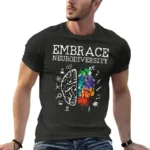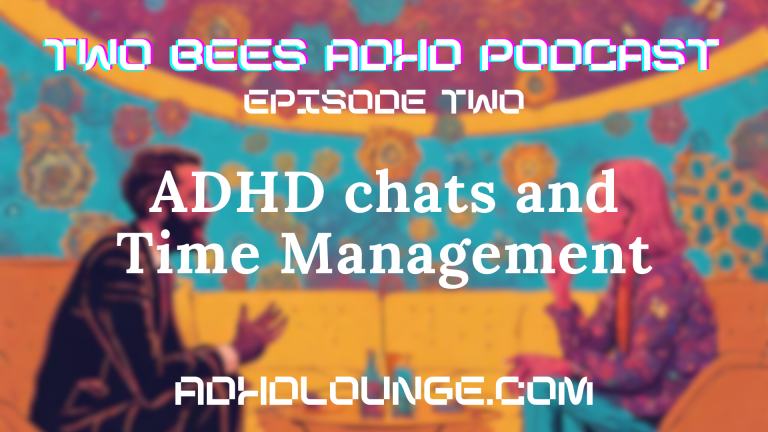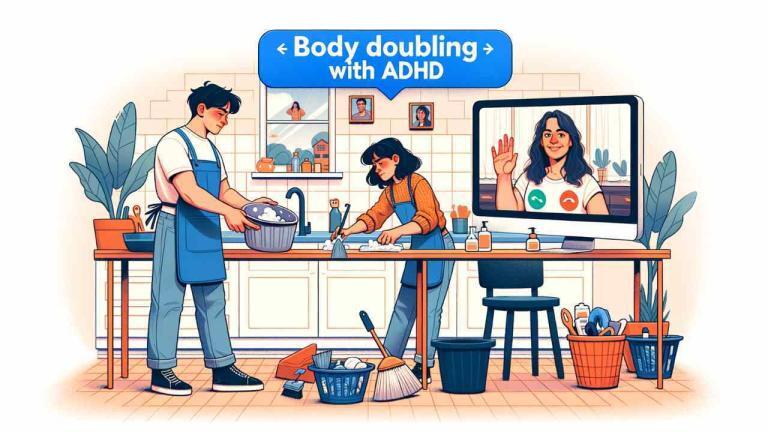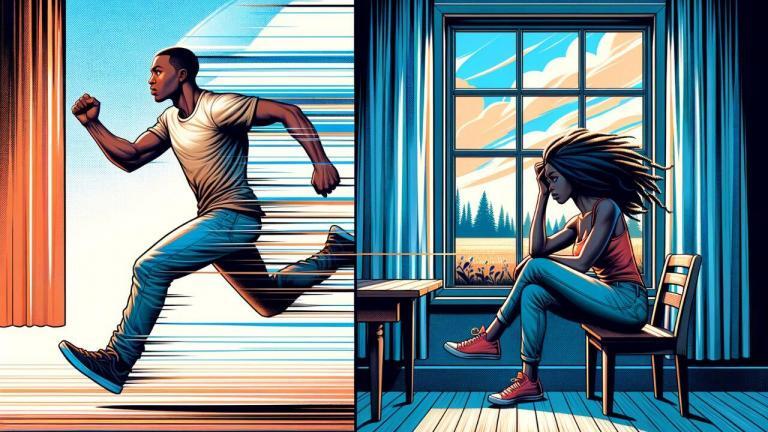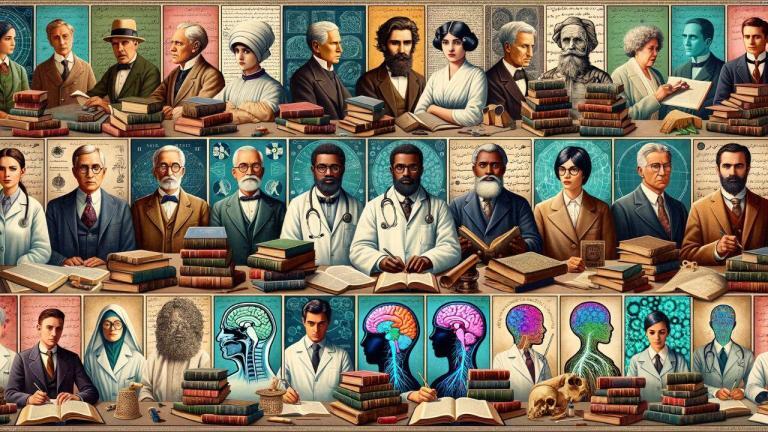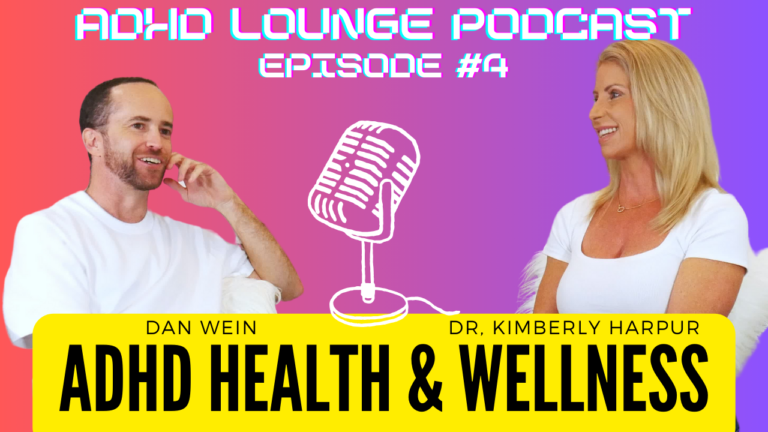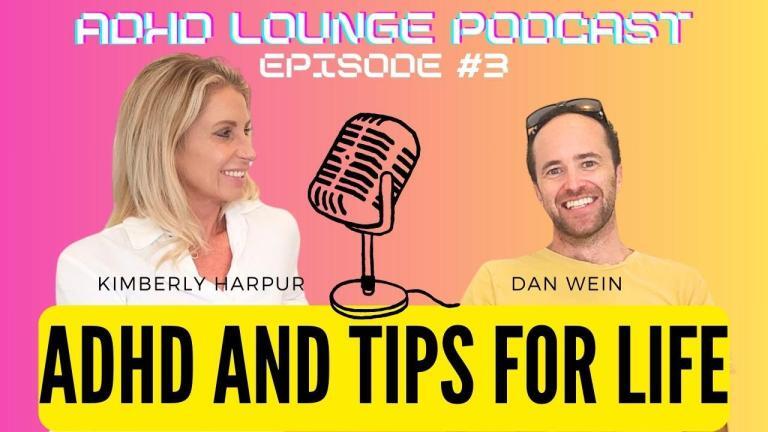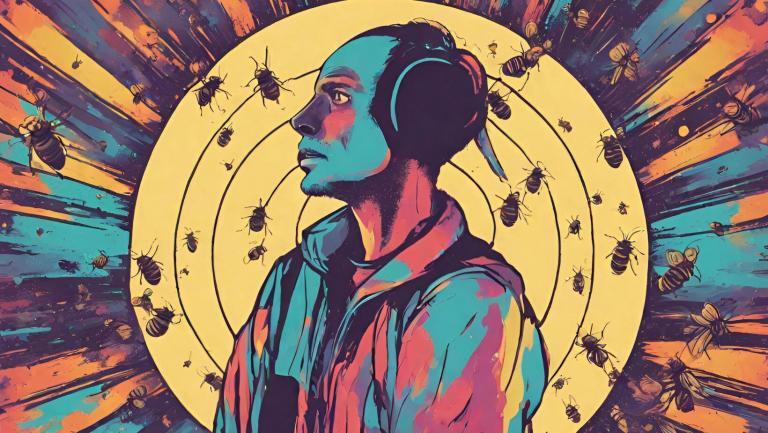Unmasking RSD: Rejection Sensitive Dysphoria and its Connection to ADHD

What is Rejection Sensitive Dysphoria (RSD)?
Rejection Sensitive Dysphoria (RSD) is a psychological phenomenon characterized by an extreme sensitivity to perceived rejection or criticism. People with RSD may experience intense emotional distress when they believe they have disappointed or let down others. This distress can manifest as feelings of shame, guilt, anxiety, or sadness. RSD can profoundly affect an individual’s self-esteem and overall emotional well-being. It is important to note that while RSD is often associated with ADHD, it can also occur independently.
Understanding the connection between RSD and ADHD
Research suggests a strong link between RSD and ADHD, with RSD being recognized as a common symptom of ADHD. Many individuals diagnosed with ADHD also experience RSD, making it an important aspect to consider when evaluating and managing ADHD symptoms. The connection between RSD and ADHD lies in the heightened emotional response to perceived rejection or criticism. ADHD individuals may have difficulty regulating their emotions, and this can exacerbate the impact of RSD.

Symptoms and manifestations of RSD
Rejection Sensitive Dysphoria (RSD) is an intense emotional response characterized by extreme sensitivity to perceived rejection or criticism. Individuals with RSD experience overwhelming feelings of distress, humiliation, and shame in response to situations that may seem insignificant to others. This emotional response can be triggered by real or imagined rejection, leading to a perpetual state of anxiety and self-doubt.
RSD is often linked to conditions such as Attention Deficit Hyperactivity Disorder (ADHD) and is believed to be a common symptom among individuals with ADHD. However, it is important to note that RSD can also occur independently. The exact cause of RSD is still not fully understood, but researchers believe that it may be related to a combination of genetic, environmental, and neurochemical factors.
The impact of RSD on daily life and relationships
The relationship between RSD and ADHD is complex, yet significant. While RSD is not exclusive to individuals with ADHD, studies have found a high prevalence of RSD symptoms among those with ADHD. The shared neurobiological and neurochemical underpinnings of both conditions may contribute to the strong connection between RSD and ADHD.
Individuals with ADHD often struggle with executive functions, such as impulse control and emotional regulation. These difficulties can amplify the emotional response to rejection, leading to the development of RSD. Furthermore, the challenges faced by individuals with ADHD, such as academic and social difficulties, can increase the likelihood of experiencing rejection, further exacerbating RSD symptoms.
Diagnosing RSD: How is it identified and assessed?
The symptoms of RSD can vary from person to person, but they generally revolve around a heightened sensitivity to rejection or criticism. Individuals with RSD may experience intense emotional reactions, including feelings of worthlessness, shame, and embarrassment. These emotional responses can be triggered by various situations, such as receiving negative feedback, being ignored, or even perceiving disapproval in facial expressions or body language.
In addition to the emotional distress, RSD can also manifest in physical symptoms such as headaches, stomachaches, and difficulty sleeping. These physical manifestations further contribute to the overall burden of living with RSD, affecting both mental and physical well-being.
Strategies for managing and coping with RSD
Living with RSD can significantly impact daily life and relationships. The constant fear of rejection or criticism can lead to a perpetual state of anxiety and self-doubt, making it challenging to navigate social interactions and maintain healthy relationships. Individuals with RSD may avoid situations that could potentially trigger rejection, limiting their opportunities for personal and professional growth.
RSD can also affect academic and occupational performance. The fear of failure and the intense emotional responses associated with RSD can hinder concentration, productivity, and overall success. It is not uncommon for individuals with RSD to experience imposter syndrome, doubting their abilities and feeling unworthy of their achievements.
RSD treatment options: Medication, therapy, and lifestyle changes
Diagnosing RSD can be challenging due to its complex nature and the overlap of symptoms with other conditions. There is currently no specific diagnostic criteria for RSD, and it is not recognized as a standalone disorder in the Diagnostic and Statistical Manual of Mental Disorders (DSM-5). However, healthcare professionals may consider the presence of RSD symptoms when evaluating individuals with ADHD or other related conditions.
Assessment for RSD typically involves a comprehensive evaluation of the individual’s medical history, symptoms, and functional impairments. Healthcare professionals may use standardized questionnaires, interviews, and observations to gather relevant information. It is crucial for individuals to be open and honest about their experiences to ensure an accurate diagnosis and appropriate treatment plan.
Support and resources for individuals with RSD and ADHD
While there is no cure for RSD, there are strategies that can help individuals manage and cope with the symptoms. Developing effective coping mechanisms is essential in minimizing the impact of RSD on daily life and overall well-being. Here are some strategies that may be beneficial:
1. Psychoeducation: Understanding the nature of RSD and its connection to ADHD can empower individuals to better manage their emotions and navigate social interactions.
2. Cognitive-Behavioral Therapy (CBT): CBT can help individuals identify and challenge negative thought patterns associated with RSD, leading to more adaptive responses to rejection or criticism.
3. Mindfulness and Meditation: Practicing mindfulness and meditation techniques can enhance emotional regulation and reduce the intensity of RSD symptoms.
4. Social Support: Seeking support from friends, family, or support groups can provide a safe space for individuals to express their feelings and gain valuable insights from others who may have similar experiences.
5. Self-Care: Engaging in self-care activities, such as exercise, hobbies, and relaxation techniques, can help reduce stress and improve overall well-being.
Implementing these strategies may require time and effort, but they can contribute to a better quality of life for individuals with RSD.
RSD in children and adolescents: Recognizing and addressing early signs
Treatment for RSD often involves a multimodal approach that combines medication, therapy, and lifestyle changes. The specific treatment plan may vary depending on the severity of symptoms and individual needs. Here are some common treatment options for RSD:
1. Medication: Certain medications, such as selective serotonin reuptake inhibitors (SSRIs), may be prescribed to help manage the emotional symptoms associated with RSD. However, medication alone is not considered a standalone treatment for RSD and is often used in conjunction with other interventions.
2. Therapy: Psychotherapy, such as Cognitive-Behavioral Therapy (CBT) or Dialectical Behavior Therapy (DBT), can help individuals develop coping strategies, improve emotional regulation, and address underlying issues contributing to RSD.
3. Lifestyle Changes: Adopting a healthy lifestyle that includes regular exercise, a balanced diet, and sufficient sleep can contribute to overall well-being and may help reduce the severity of RSD symptoms.
It is important for individuals to work closely with healthcare professionals to determine the most appropriate treatment plan for their specific needs.
Conclusion: Living a fulfilling life with RSD and ADHD
Finding support and accessing relevant resources is crucial for individuals with RSD and ADHD. Connecting with others who understand the challenges of living with these conditions can provide validation, empathy, and valuable insights. Here are some resources that individuals may find helpful:
1. Support Groups: Joining local or online support groups specifically for individuals with RSD or ADHD can provide a sense of community and a platform for sharing experiences and coping strategies.
2. Mental Health Organizations: Many mental health organizations offer resources, educational materials, and helplines for individuals seeking information or support for RSD and ADHD.
3. Educational Workshops and Webinars: Attending workshops or webinars focused on RSD and ADHD can provide individuals with valuable knowledge and practical strategies for managing their symptoms.
Remember, seeking support is not a sign of weakness but a proactive step towards better understanding and managing RSD and ADHD.



